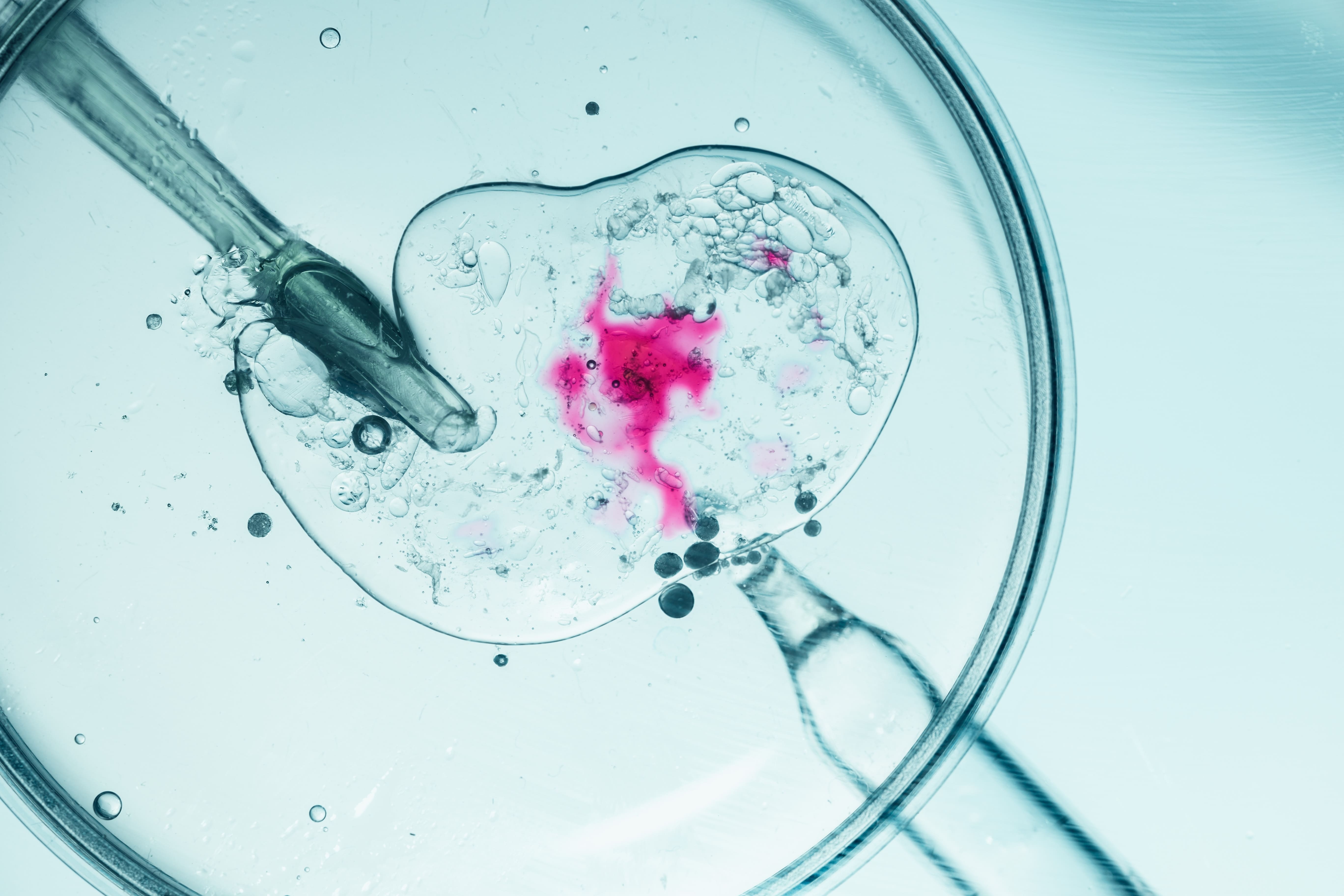But with that anticipation comes a wave of anxiety: Will this work? What if it doesn’t? What exactly is happening inside my body?
Let’s take a closer look at the science behind embryo transfer—and what you can expect along the way.
Before You Begin: Preparing for Transfer
The journey to embryo transfer actually starts days earlier. Your fertility team will be checking:
- Your uterine lining: Hormones help prepare the lining, making it thick and receptive. Doctors monitor this closely on ultrasound—like checking the soil before planting a seed.
- The timing: Transfer is carefully scheduled so the embryo and your uterus are perfectly in sync. Too early or too late, and the chances drop.
- Your embryo: In the lab, embryologists are watching cell by cell as your embryo grows. They look for symmetry, healthy division, and sometimes use genetic testing to pick the strongest embryo for transfer.
Knowing this preparation is happening can bring comfort—every detail is timed with scientific precision.
What Happens During the Procedure
On transfer day, many patients expect something dramatic. But in reality, it’s quick, gentle, and usually painless.
- You’ll lie on a comfortable bed, often with a full bladder to help the ultrasound show your uterus clearly.
- The doctor passes a very thin catheter through the cervix into the uterus.
- Guided by ultrasound, the embryo is gently released. Many clinics will even let you watch it on the screen—a small bright flash that represents so much hope.
Some describe this moment as surreal: all the science of IVF leading up to one simple step that takes less than 15 minutes.
The Emotional Side: Why Anxiety Is Normal
It’s natural to feel nervous at this stage. By the time of transfer, you may feel like you’ve invested so much—physically, emotionally, financially—that this one procedure carries all the weight.
Here’s what helps:
- Remember the science: The embryo chosen is the one with the best potential. Your uterus has been prepared for the ideal environment. Everything has been set up to maximise your chances.
- Focus on what you can control: You can’t force implantation. But you can take care of yourself—rest, eat well, and protect your emotional wellbeing during the two-week wait.
- Lean on support: Anxiety in this stage is not weakness—it’s a sign of how much you care. Whether it’s your partner, a close friend, or your fertility team, let them walk this part of the journey with you.
After the Transfer
Once the embryo is in place, most patients are surprised to hear: you don’t need bed rest. Light activity is safe, and normal movement keeps blood flowing. Your doctor may prescribe progesterone or other hormones to support implantation.
And then comes what many call “the longest two weeks of their lives”—the wait for a pregnancy test. This period is often harder emotionally than the procedure itself. Distraction, self-care, and realistic reassurance can help you through it.
Questions to Ask Your Doctor
- How do you decide which embryo is best for transfer?
- Should I transfer one embryo or more?
- How do frozen embryo transfers compare with fresh transfers?
- What activities should I avoid after transfer?
- What kind of support do you recommend for the two-week wait?
- If this transfer isn’t successful, what’s the next step?
Final Thoughts
Embryo transfer is a remarkable moment. Scientifically, it represents the perfect alignment of timing, biology, and technology. Emotionally, it’s the point where many patients allow themselves to imagine holding a baby for the first time.
Feeling anxious doesn’t mean you’re not ready—it means you’re human. By understanding the science and preparing for the emotions, you can step into transfer day with clarity, hope, and the reassurance that everything possible is being done to give you the best chance.


